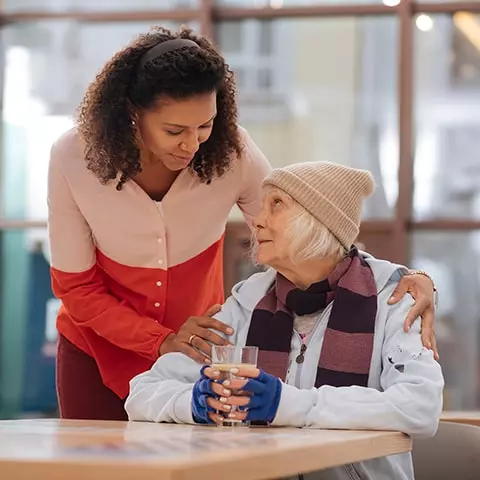
On June 15th, we will celebrate World Elder Abuse Awareness Day. This is an opportunity to reflect on ways to prevent elder abuse by identifying warning signs. Whether at home or in a care facility, elderly individuals are vulnerable and may face reprehensible actions that are not only illegal but also go against human values. Whether you are a caregiver, neighbor, family member, or friend, it is important to clearly define elder abuse and better understand it in order to combat it, whether it is physical, psychological, or financial.
According to the World Health Organization (WHO), approximately one in six people over the age of 60 has experienced elder abuse in their environment in the past year. This is a significant societal issue, and every social actor can take action to help combat this problem.
Find YOUR ideal care home NOW!
First and foremost, it is important to clarify that elder abuse can take various forms and involve both violence and neglect. Neglecting one's duties towards a vulnerable person, such as failing to provide proper food or hydration, represents an obvious act of abuse. Even if these neglectful actions are not intentional, they can endanger a person's life or dignity.
There are three types of abuse: physical, psychological, and financial, each with its own characteristics and warning signs, whether it occurs at home or in a care facility.
How to recognize the physical abuse of an elderly person?
Physical abuse can involve various degrees of violence, including hitting, slapping, burning, causing intentional falls, sexual abuse, or any action that can physically harm or restrict the elderly person's freedom of movement. If you are attentive to the situation, you may notice signs of physical abuse, such as bruises, contusions, or other signs of violence.
If the elderly person is lucid, you can regularly ask them questions about their well-being and the quality of care they receive on a daily basis. It's important to note that the abusive use of medications or, conversely, the deprivation of appropriate treatment is also condemnable and constitutes an act of abuse. One must be particularly vigilant because it is not always easy to detect this form of violence. Keeping an elderly person in an unsanitary environment and indecent living conditions also falls under physical abuse.
What is psychological abuse towards an elderly person?
While physical abuse may seem more evident, it is essential not to forget that verbal and psychological abuse can be just as damaging to an elderly person's mental and physical health. Psychological abuse can take the form of threats, intimidation, humiliation, blackmail, infantilization, or even insults. Such behavior should never be tolerated, and it should be reported if there is any doubt.
Financial abuse or scams targeting elderly individuals
Elderly individuals are often vulnerable regarding their assets, making them susceptible to financial scams. These can be carried out by malicious individuals in the person's circle of trust or even by family members. Financial abuse can include theft, property misappropriation, coercive guardianship, extortion of funds, forced signatures, premature or improper inheritance, or the diversion of financial aid intended for the elderly person's needs. In addition to these different types of abuse, there can also be civic abuse, which involves depriving the person of their civil rights, such as the right to vote, or engaging in unwarranted legal guardianship.
Neglect as a form of elder abuse
Neglect, whether active or passive, is a form of abuse that can be condemned as such. Active neglect involves deliberately withholding essential assistance for daily life, such as personal hygiene, nutrition, dressing assistance, mobility support, or any other assistance the elderly person may require, with the intention of causing harm. In cases of passive neglect, there is no intention to cause harm.
How do we recognize signs of elder abuse?
According to the WHO's definition, "Abuse of an older person is a single or repeated act, or lack of appropriate action, occurring within any relationship where there is an expectation of trust, which causes harm or distress to an older person." There are several signs that can alert us to possible elder abuse of a loved one. Sleep disturbances, distrust, changes in behavior, poor hygiene, confusion, and lower self-esteem are all signs that may indicate the presence of abuse toward an elderly person.
However, these signs can also be the result of health issues, so it is essential to carefully consider the context and gather information. If there are injuries, marks, or bruises, suspicions should become more specific. Psychological abuse is perhaps the most challenging form of abuse to detect.
Staying alert to protect older adults
Signs of elder abuse are not always obvious and may include changes in behaviour, unexplained injuries, withdrawal or fear. Being attentive and informed is an important step in protecting dignity, safety and wellbeing.
When concerns arise, understanding care options and knowing where to seek reliable guidance can help families respond appropriately and with confidence.
Get free guidance on care home optionsIndependent guidance • No obligation
Steps to take when suspecting elder abuse
| Step | Action | Who to Contact |
|---|---|---|
| 1. Identify Signs | Look for physical, emotional, or financial warning signs. | Family, caregivers, trusted friends. |
| 2. Gather Evidence | Document bruises, changes in behavior, or missing finances. | Healthcare professionals, legal advisors. |
| 3. Speak to the Elderly Person | Ask them privately about their well-being. | Family, social workers. |
| 4. Report the Abuse | File a report with the appropriate authorities. | Adult Protective Services (APS), law enforcement. |
| 5. Ensure Protection | Consider relocation or legal actions to protect the victim. | Lawyers, elder rights organizations. |
Fear, anxiety, withdrawal, and social isolation can be signs of psychological abuse. Lastly, signs of sexual abuse can include infections, genital wounds, anxiety during care and examinations, distrust, social withdrawal, or sexual disinhibition.
FAQ:
1. What are the most common types of elder abuse?
The most common types include physical abuse, emotional abuse, financial exploitation, neglect, and sexual abuse. Each has distinct warning signs that require vigilance.
2. How can I tell if an elderly person is being abused?
Look for sudden mood changes, bruises, missing money, poor hygiene, fearfulness, or withdrawal from social interactions.
3. What should I do if I suspect elder abuse?
Report your concerns to Adult Protective Services (APS) or local law enforcement. If the abuse occurs in a care facility, alert the facility's management as well.
4. Can elder abuse happen in nursing homes?
Yes, abuse can occur in care homes due to neglect, poor supervision, or intentional harm. Regular visits and monitoring of care can help prevent this.
5. How can I prevent financial abuse of an elderly loved one?
Set up power of attorney, monitor financial transactions, and educate the elderly person about common scams. Regularly review their financial statements to detect any unusual activity.
Need help finding a care home?
Senior Home Plus offers free personalized guidance to help you find a care facility that suits your health needs, budget, and preferred location in the UK.
Call us at 0203 608 0055 to get expert assistance today.
Do you need a care home for yourself or your loved one?
Search for Care Homes by Region
| East Midlands | Eastern | Isle of Man |
| London | North East | North West |
| Northern Ireland | Scotland | South East |
| South West | Wales | West Midlands |
| Yorkshire and the Humber |
Share this article :
Latest posts
You are looking for an establishment for your loved one ?
Get availability & prices
Fill in this form and receive
all the essential information
We would like to inform you of the existence of the opposition list for telephone canvassing.


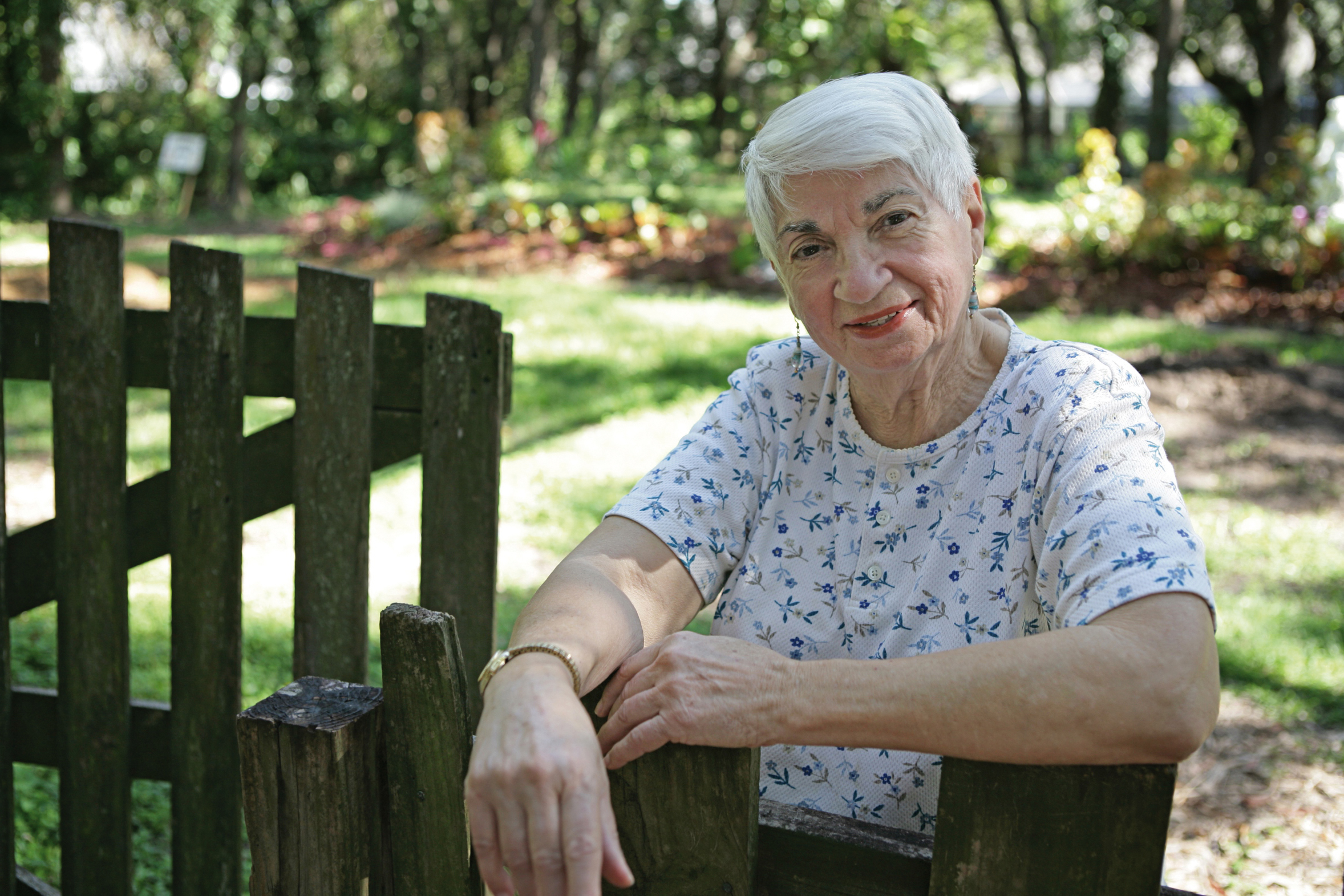
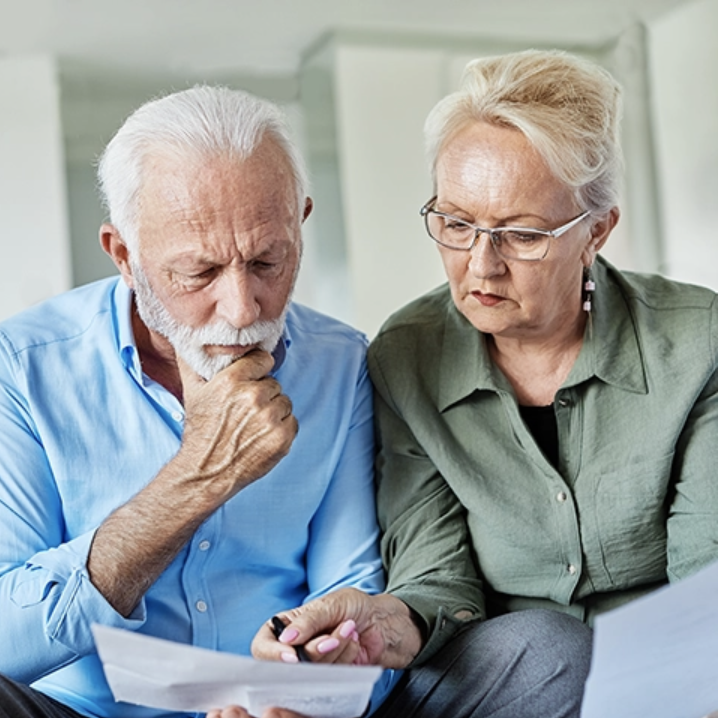
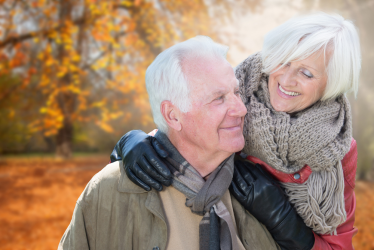



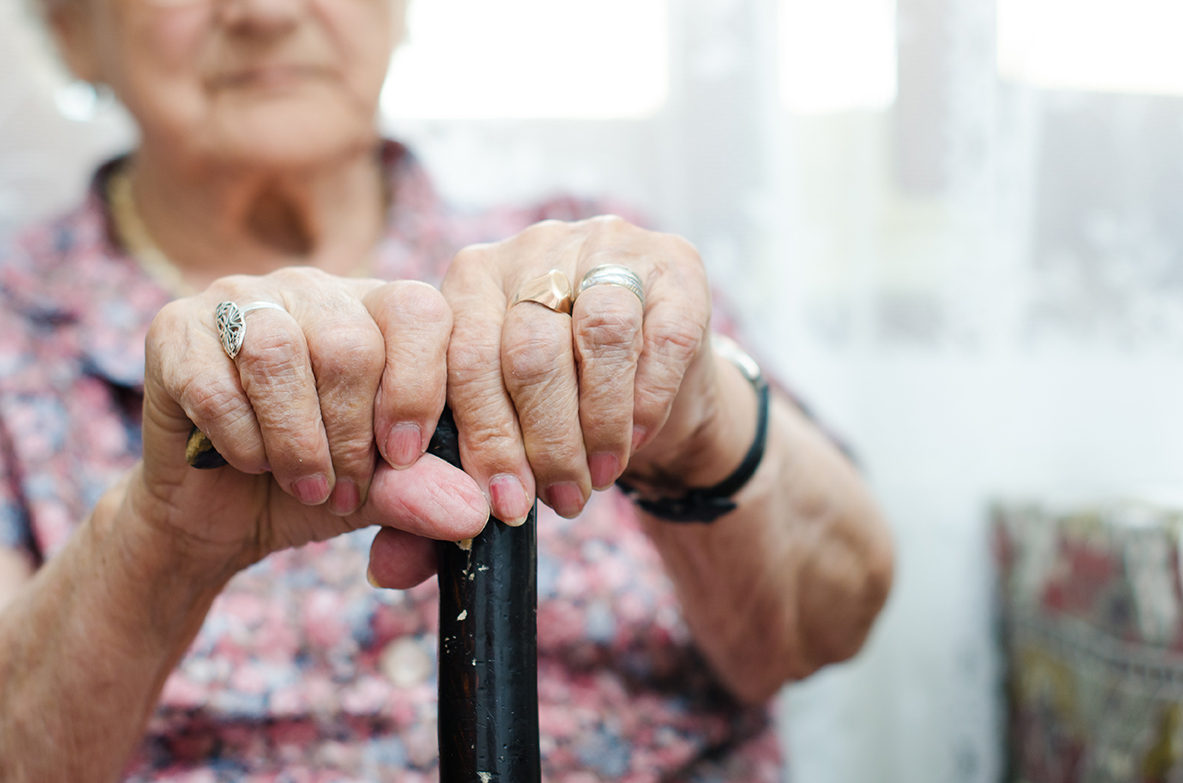

.jpg)
